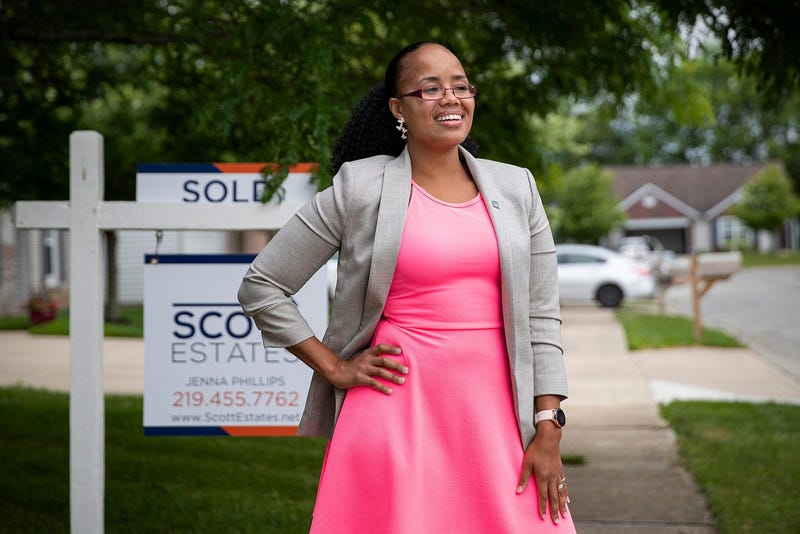
Black households with higher incomes and education than other families in their neighborhoods don’t escape the factors of systemic oppression that impede economic mobility, a study found.
Black families’ ability to improve their economic power is limited, and wealthy Black families still lack access to neighborhoods with good schools and similar economic backgrounds, said a new study from the Federal Reserve Bank of Cleveland.
When compared to white peers, researchers found Black families live in neighborhoods with lower socioeconomic status than their own, including low incomes and high unemployment. Conversely, white people tend to live in communities more consistent with their economic position.
“We … find that differences in financial factors such as income, wealth, or housing costs between Black and white households do not explain racial distributions across neighborhoods,” the study’s authors wrote, saying their findings point to other causes.
Researchers say housing discrimination, racial hostility, and underlying preferences by some Black families — to live near others like them despite lower socioeconomic status — are contributing factors.
“The persistence of residential segregation is not about income,” the study said. “Black households with incomes of $175,000 per year live in neighborhoods with similar unemployment rates as white households with incomes under $10,000.”
High-income Black households reside in lower-income neighborhoods because housing discrimination impacts their ability to rent or buy in higher-income communities, researchers explained, encouraging officials to double-down on efforts to stop such discrimination.
The racial wealth gap is such that Black households hold much less wealth than white households, even at the same income level. Since wealth is an essential source of down payments for buying a house, the racial wealth gap would seem to be an obvious obstacle to Black households’ living in neighborhoods that provide economic opportunity.
The researchers said their findings provide insight into how “race still determines economic opportunity in the United States.”


